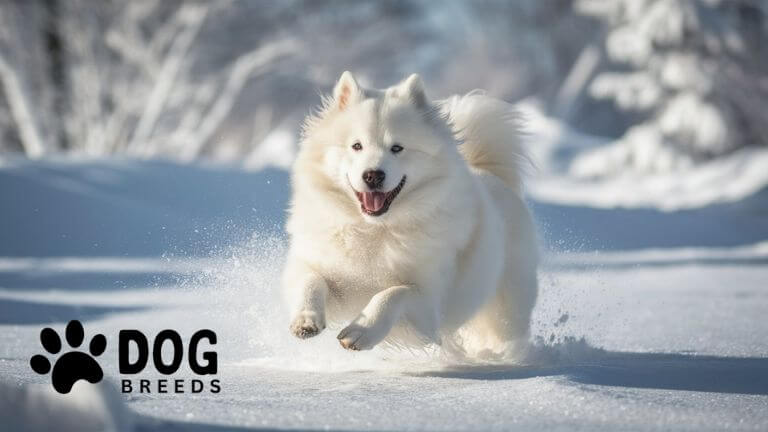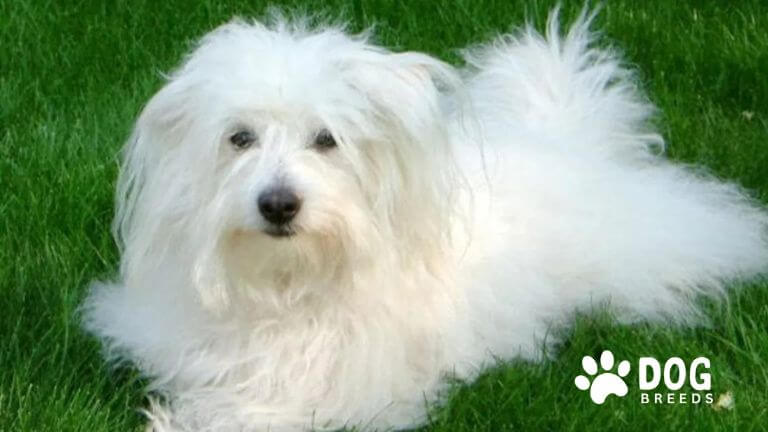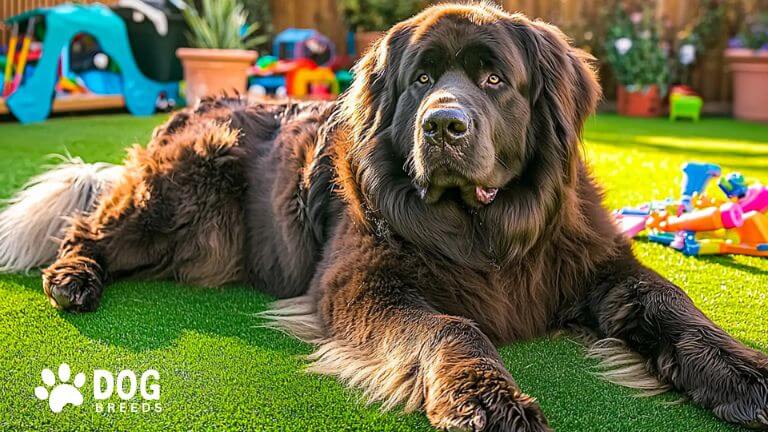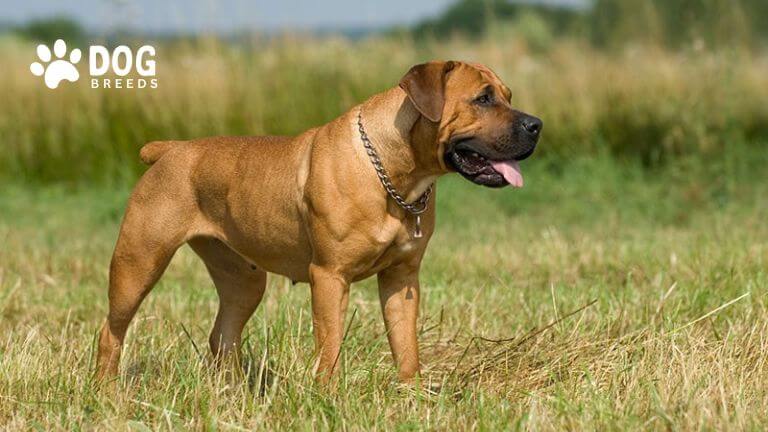Havanese Dog Breed: Personality, Care & Health Guide
The Havanese dog is a charming and affectionate small breed known for its playful nature and devotion to its owners. Often referred to as the “Velcro dog” because of its close attachment to people, this breed is an excellent companion for families, singles, and seniors alike. Whether you are a first-time pet owner or an experienced dog lover, the Havanese will delight you with its intelligence, adaptability, and sweet disposition.
Havanese Dog Breed Overview
The Havanese is a small, sturdy dog with a cheerful and energetic personality. Originating in Cuba, this breed has gained popularity worldwide for its friendly nature and manageable size.
Havanese Key Facts:
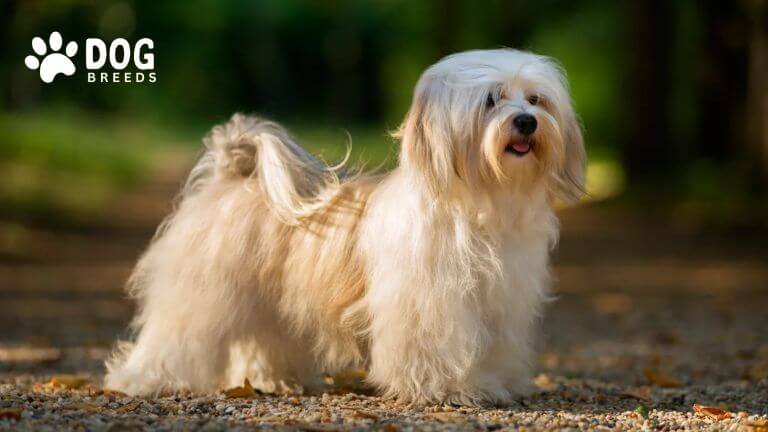
- Size: 7-13 pounds
- Height: 8.5-11.5 inches
- Lifespan: 14-16 years
- Temperament: Affectionate, intelligent, playful
- Energy Level: Moderate
- Coat: Silky, long, and either wavy or corded
- Colors: Wide variety, including black, white, cream, sable, and chocolate
History:
The Havanese is Cuba’s national dog and descends from the now-extinct Blanquito de la Habana breed. It was brought to the United States during the Cuban Revolution and is now recognized by major organizations like the American Kennel Club (AKC).
Personality and Temperament
Havanese dogs are known for their loving and sociable nature. They thrive on companionship and are happiest when spending time with their family. These dogs are highly intelligent and quick learners, making them suitable for various lifestyles.
Highlights:
- Family-Friendly: The Havanese is great with children and other pets when socialized properly.
- Affectionate: They form strong bonds and may experience separation anxiety if left alone for long periods.
- Playful: Their lively and fun-loving nature makes them an excellent choice for families and active individuals.
Care Needs
Owning a Havanese requires attention to their grooming, exercise, training, and health needs. Here’s a breakdown to ensure your furry friend stays happy and healthy.
Exercise
The Havanese has moderate energy levels. They enjoy daily walks, playtime in a fenced yard, or interactive indoor games.
- Aim for 20-30 minutes of activity daily.
- Mental stimulation through toys or training games is essential to prevent boredom.
Grooming
Their silky coat is low-shedding but requires regular upkeep to stay tangle-free.
- Brush their coat 2-3 times a week or daily for corded fur.
- Schedule professional grooming for trims every 6-8 weeks.
- Clean their eyes and ears regularly to prevent infections.
Training
Havanese dogs are eager to please and respond well to positive reinforcement methods.
- Start training early using rewards and praise.
- Focus on socialization to ensure they are comfortable around people and other animals.
- Address excessive barking tendencies early with consistent training.
Health Considerations
While generally healthy, the Havanese are prone to certain hereditary conditions. Awareness and preventive care can enhance their quality of life.
Common Issues:
- Patellar Luxation: Kneecap dislocation that can cause discomfort.
- Dental Disease: Regular brushing and dental cleanings are crucial for small breeds.
- Progressive Retinal Atrophy (PRA): A genetic condition leading to vision loss.
- Legg-Calvé-Perthes Disease: A hip joint condition in young dogs.
Preventive Tips:
- Schedule annual vet check-ups to monitor their health.
- Provide a balanced diet with essential nutrients.
- Consider joint supplements containing omega-3 fatty acids for long-term health.
Diet and Nutrition
Feeding your Havanese a well-balanced diet is key to their overall health. Choose high-quality dog food that meets the standards set by the Association of American Feed Control Officials (AAFCO).
Feeding Guidelines:
- Puppies: 3-4 small meals daily.
- Adults: 2-3 measured feedings per day.
Include omega-3 fatty acids in their diet for a shiny coat and healthy joints. Avoid overfeeding, as obesity can strain their joints and lead to other health issues.
Living Requirements
Havanese dogs are adaptable to various living environments, whether you live in a city apartment or a suburban home.
- They do well in small spaces, provided they receive daily exercise.
- They prefer being near their owners and may struggle with long periods of isolation.
Adoption Tips
When looking to adopt or purchase a Havanese, consider these points:
- Rescue Organizations: Check local shelters or Havanese-specific rescues.
- Reputable Breeders: Ensure the breeder provides health clearances and proper care for their puppies.
- Avoid Puppy Mills: Prioritize ethical breeding practices.
Why Choose a Havanese?
The Havanese is a delightful companion with its affectionate personality, intelligence, and manageable care requirements. Whether you seek a loving family pet or a cheerful companion for your golden years, this breed fits the bill. With proper care and attention, the Havanese will bring joy to your life for years to come.
There are plenty of dog breeds to suit all kinds of lifestyles and homes. With a little research, you can find your next best friend!
- Why Are Dalmatians Not Popular? Uncovering the Truth Behind the Rarity of This Iconic Breed - April 16, 2025
- Top 15 Chinese Dog Breeds: Discover the Best Dogs from China - April 14, 2025
- Dalmatian Dog Breed: History, Care, Personality & Health - April 3, 2025



